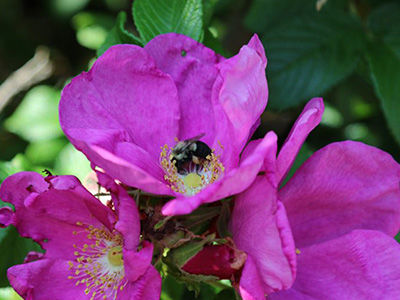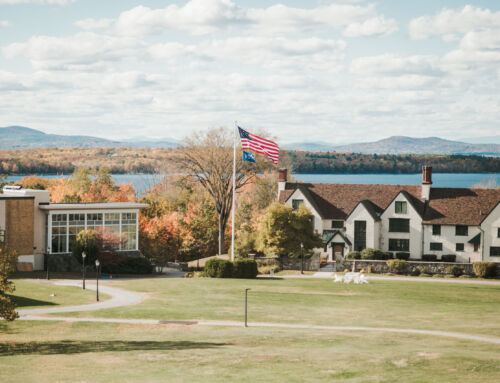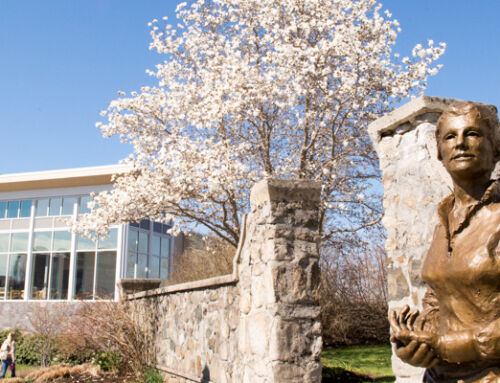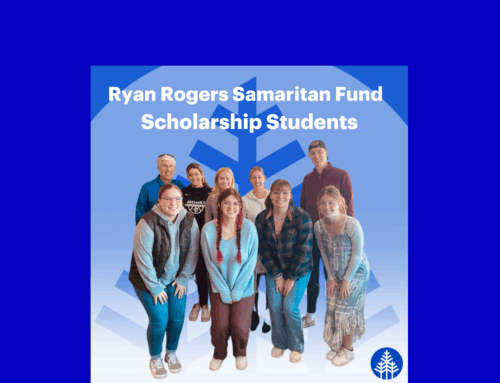Saint Joseph's College is now a Bee Campus USA affiliate. Thanks to our brand new pollinator garden on campus, we are the 73rd bee campus in the nation and the first in the state of Maine! This program simply explained is uniting campuses across the nation to promote sustainable practices, particularly benefiting pollinators. Our campus is now one of many to contribute to bettering the landscape to promote these pollinators!

Pollinator gardens provide the pollinator with a healthy habitat with a variety of plants native to the area and no use of pesticides. What many people do not realize is that the pollinators- bumble bees, sweat bees, mason bees, honey bees, butterflies, moths, beetles, flies, hummingbirds and many others- are responsible for the reproduction of flowering plants and one in every three bites of food we consume.
Therefore, this pollinator garden has been created to raise awareness to people who are unaware of the necessity of pollinators. By being apart of this organization, the world is being made a safer environment for its pollinators, one campus at a time. We are grateful to all students, staff and faculty for their help in making Saint Joseph's College a campus-wide contributor to conserving pollinators.
About the Pollinator Garden
The garden began as an idea from the CASE Scholars when they researched the decline of pollinators in Maine for their presentation at the Terra Matters Climate Summit, held at USM in 2018. With donations, multiple mini-grants, a faculty grant, support from Facilities, and students and faculty from Education, Communications, and Sciences, the Pollinator Garden in now a part of our College campus.
CASE Scholar Caleb Gravel ’19 helped the College through the application process to qualify us as “bee friendly,” and now the College is the 73rd educational institution in the nation and the first in Maine to be certified as one of the affiliates of the Bee Campus USA program. This is a certification program that seeks to stabilize campus landscapes as ideal habitats for pollinators such as bees, hummingbirds, butterflies, and more. The garden is tended by Professor Emeritus and Master Gardener Sue Kelly and campus community volunteers. As this “living laboratory” continues to develop, it will serve as a sustainability makerspace for research, innovation, and a beautiful place to visit to learn about the vital role of pollinators in our local food systems.



